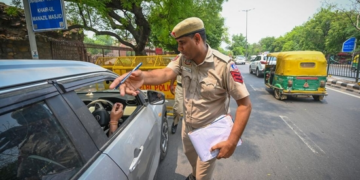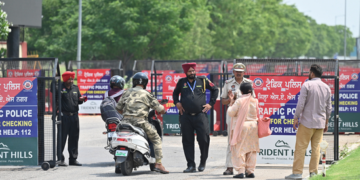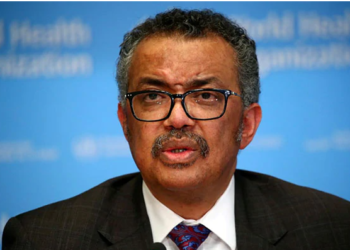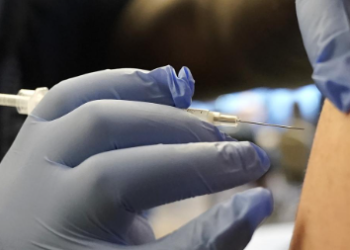A recent mental health study has confirmed what many have long suspected: Indian women are more stressed than men. The comprehensive research, conducted by the National Institute of Mental Health and Neurosciences (NIMHANS), reveals significant gender disparities in stress levels, shedding light on the urgent need for targeted mental health interventions.
The study, which surveyed over 5,000 participants across various regions and socio-economic backgrounds, found that Indian women reported higher levels of stress, anxiety, and depression compared to their male counterparts. Factors contributing to this disparity include societal pressures, dual responsibilities of work and home, and limited access to mental health resources.
Dr. R. S. Murthy, a lead researcher at NIMHANS, explained, “Our findings clearly indicate that women in India face unique stressors that significantly impact their mental health. These stressors range from gender-based discrimination and domestic responsibilities to career pressures and safety concerns.”
One of the key findings of the study is the role of socio-cultural expectations. Indian women often bear the brunt of household duties and caregiving responsibilities, even as they pursue careers and education. This dual burden leads to chronic stress and burnout, with many women feeling unsupported and overwhelmed.
Shalini Mehta, a working mother of two from Delhi, shared her struggles: “Balancing my job and family responsibilities is incredibly stressful. There’s always pressure to excel at work and be the perfect mother and wife. It’s exhausting, and there’s little time for self-care.”
The study also highlights the impact of limited mental health resources and societal stigma. Many women refrain from seeking help due to the fear of being judged or misunderstood. Mental health services, particularly in rural areas, remain inadequate, exacerbating the problem.
In response to the study, mental health professionals are calling for urgent policy changes and increased funding for mental health services. Dr. Alka Deshpande, a psychiatrist based in Mumbai, emphasized, “We need to create more accessible mental health resources and promote awareness about the importance of mental well-being. It’s crucial to break the stigma surrounding mental health, especially for women.”
The government has acknowledged the findings and promised to take steps to address the issue. Initiatives such as mental health awareness campaigns, counselling services, and support groups for women are being considered as part of a broader strategy to improve mental health outcomes.
Social activists and non-governmental organizations (NGOs) are also stepping up efforts to support women’s mental health. Initiatives like community counselling centres and helplines have shown promise in providing much-needed support to those in distress.
As the study gains attention, it serves as a crucial reminder of the importance of addressing mental health disparities and ensuring that women receive the support they need. By acknowledging and addressing these issues, India can move towards a healthier, more equitable society.








 India
India












